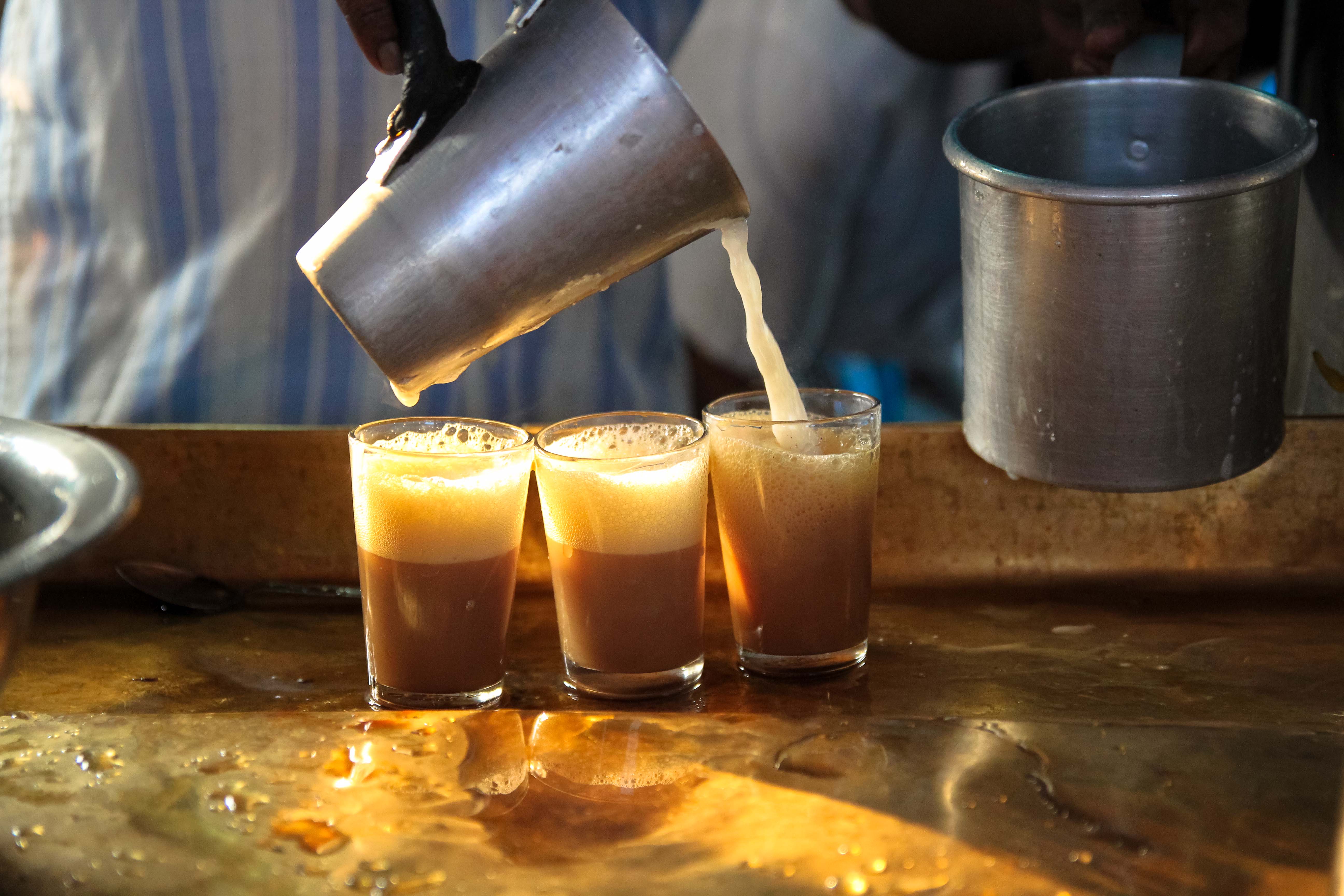The sleepy backwaters of Kerala provide a tranquil escape to a simpler world. On quiet waterways under sunny skies, fishermen let their lines hang from small wooden canoes and birds swoop down occasionally to see what fish might be swimming close to the surface. Towering coconut palms line the water banks and rice paddies stretch as far as the eye can see.
Drawn by this idyllic setting, tourists come from around the globe to float down the backwaters in kettuvallam, traditional houseboats with thatched roofs covering wooden hulls. With tourism comes an infusion of money into a part of the world where most residents practice small-scale fishing and agriculture. It would not be India if there were not eager entrepreneurs setting up businesses to get a piece of the action.
To get a glimpse of life in the backwaters, tourists hire small canoes to take them “rounding” – exploring narrow canals that snake off the main waterways. They glide past women in hiked-up saris beating their laundry against stones in the water and wave to children running home along the banks after being dropped off from school by a motorboat. It is a relaxing ride, but tourists must remain alert, ducking their heads under low-lying pedestrian bridges and swerving from side to side to avoid getting smacked in the face by jutting palm fronds and drooping vines.
Amid the thick foliage in the backwater village of Kainakary hangs a tire brightly painted with the words “Coffee Hut.” A sign next to the tire promises visitors “spicy tea” and “homely lunch.” This is the work of Preejith Lal, a 22-year-old Keralite who proves the Indian entrepreneurial spirit is alive and well even in the remote backwaters.








